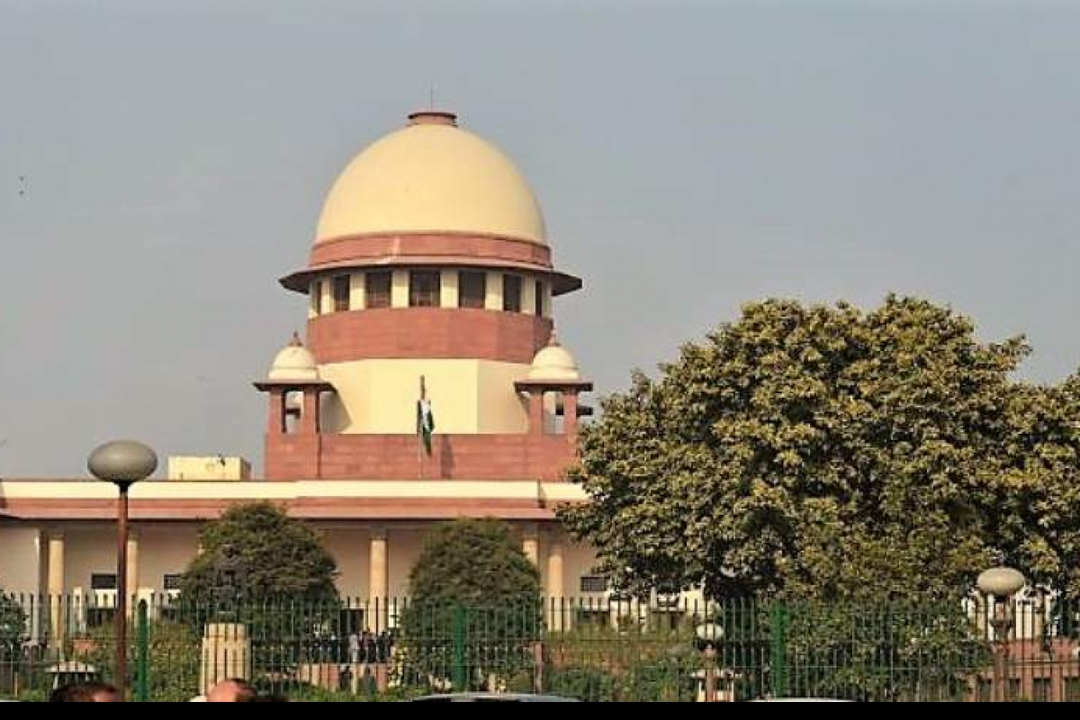Change – Your Quick Guide to Updated Customer Care Info
Ever tried calling a support number only to hear a dead tone? You’re not alone. Numbers change, hours shift, and new channels pop up all the time. This page puts the latest changes right at your fingertips so you can stop hunting and start getting help.
Why Keeping Up with Changes Matters
When a company revamps its contact details, that little update can save you minutes—or even hours—of frustration. A wrong number means you waste time, miss a deadline, or let a problem linger. By checking the most recent info here, you make sure you’re talking to the right team at the right time.
We gather data straight from official sources, like corporate websites and recent press releases. That way, you get a trustworthy list instead of a guesswork scramble. Think of it as your personal shortcut to the right department, whether it’s billing, technical support, or complaints.
How to Use This Page Effectively
First, look for the business you need. Each entry shows the latest phone number, email, and any new chat or app channels. If you spot a "changed" label, that means we’ve verified the update within the past 30 days.
Second, note the operating hours. Some companies now offer 24/7 chat while their phone line might still be limited to business hours. Knowing the right time to call prevents endless hold music.
Third, try the recommended contact method. For example, many telecom firms now prefer WhatsApp for quick queries, while banks still lean on secure phone lines for sensitive issues. Using the preferred channel often results in faster resolution.
Finally, bookmark this page or save the specific entry you used. If the number changes again, you’ll have a reference point to compare and confirm the new info.
Got a new change you’ve discovered? Let us know! Your tip helps keep the directory fresh for everyone.
Bottom line: staying on top of contact changes is a simple step that can dramatically improve your support experience. Use the list below, follow the tips above, and say goodbye to dead‑ended calls.
Why is Supreme Court allowed to change its own ruling in India?
The Supreme Court of India is the highest court in India and has the power to change its own rulings. This is because the Constitution of India grants the Supreme Court the authority to review, modify, or reverse its own judgments. This power is granted to ensure the court is able to correct any errors it may have committed in previous cases. It also allows the court to make sure its judgments stay in line with contemporary societal needs and laws. The court can also use this power to clarify any ambiguities in its previous judgments. Therefore, the Supreme Court is allowed to change its own rulings to ensure justice is served properly.
